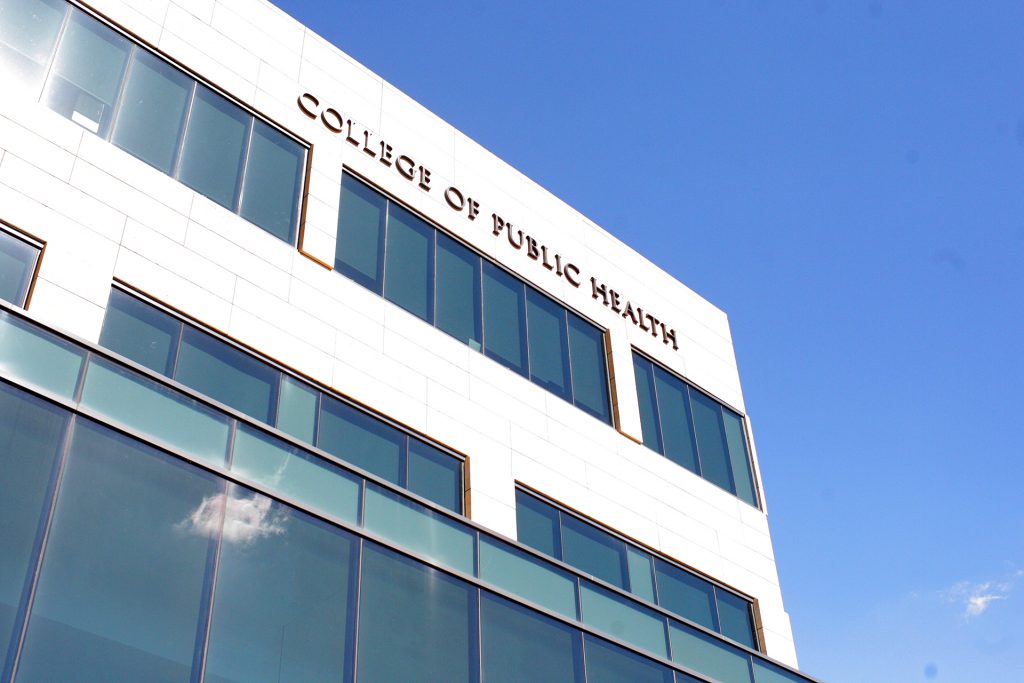The National Institutes of Health has chosen the University of Iowa to educate the nation on how to make informed decisions about health care.
NIH, through the National Library of Medicine, has awarded the UI a $3.6 million grant that will make them a national center for the creation and distribution of educational materials for health-care professionals and citizens. Only one award was given nationally.
The grant covers three years, and the goal is to enroll 1 million Americans in the All of Us Research Program, so researchers can collect data on underrepresented populations to try to find a way to eventually improve the health of all Americans.
“What we’ll be doing is coordinating the national education initiative to bring up the baseline knowledge of all Americans regarding precision medicine, so they’re empowered to make choices about their health care using these new technologies,” said Colleen Campbell, the assistant director at the Iowa Institute for Human Genetics.
Campbell, one of the three co-principal investigators along with Linda Walton and Rema Afifi, said the different areas they involved in their plan put them above the rest.
The Human Genetics Institute, the College of Public Health, and the Hardin Library for Health Sciences all had a hand in the proposal, and they brought different ideas to the table about how they could best educate people about precision medicine.
“I believe it was the multidisciplinary team approach that really made our application stand out,” Campbell said.
RELATED: Panel discusses health cate for homeless
Precision medicine is a term describing the tailoring of a treatment to the individual patient instead of treating each patient the same way given the disease they have, said Walton, the director of the Hardon Library.
Precision medicine has evolved along with new technology and findings, so it’s still somewhat of an unknown for some health-care professionals, which is why education is important.
“Back in the day, doctors would say ‘to cure this infection, you need this much of a drug.’ Now, they’re learning that with each person, it could be a different amount …” Walton said. “Personalized medicine looks at every part of you as a person and helps the health profession work with you to figure out what is best for you.”
Populations that have historically been underrepresented in research will be focused on in the program, and the use of public libraries as a resource will help the university reach more people, Afifi said.
The Public Health College is planning on training librarians on cultural humility, putting materials on health literacy and precision medicine in the libraries, and hosting events geared toward teaching people about their role in their own health care.
“We’re trying to understand the factors, both personal and environmental, that are most associated with well-being, and one of the key points of that is ensuring we’re actually able to reach all different types of characteristics of people and to not increase the inequities that are already present,” Afifi said.
The project is still fairly new, Campbell said, so plans for creating and distributing education materials are still being made, and it will keep evolving for some time.



